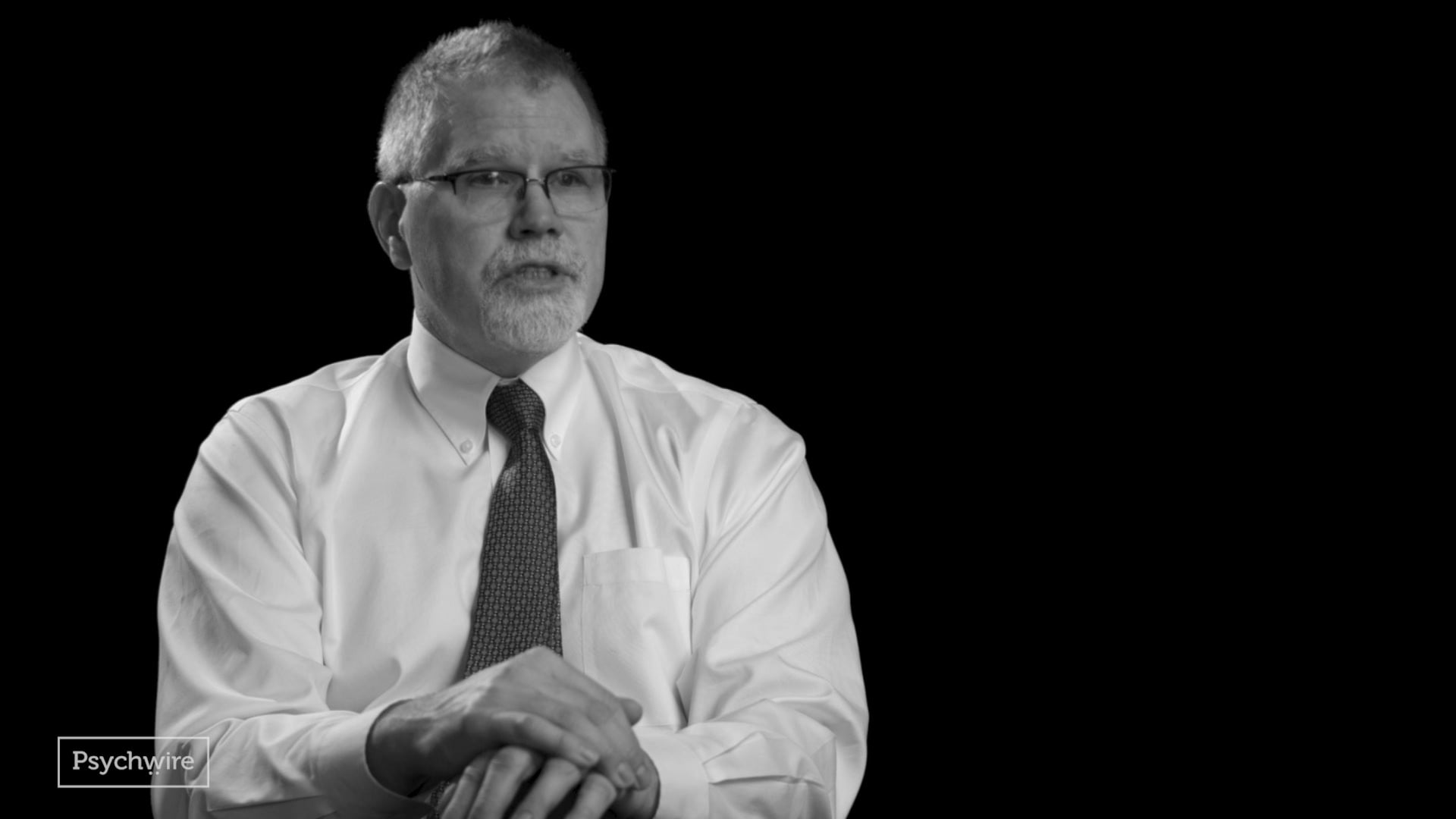
Why People Change
 Motivational Interviewing in Health Care
Motivational Interviewing in Health CareIf we look at some of the research about why do people change or not change, this has obviously been the million dollar question around things. And there's been some really interesting research over the last twenty years that suggests that one of the important ingredients are What is the client either saying to themselves or saying aloud? And then intentionally responding to those things and doing so in a differential kind of way, paying attention to those things that are likely to increase the possibility of change and spending less time on those things that that are gonna decrease that. So the research suggests that the more people talk about the possibility of change, their interest in doing that desire, those kinds things.
And we pay attention to that. They produce more of that, and that predicts better outcomes. Conversely, if there's talking about all the reasons they don't wanna change. They don't need to change. And we pay attention to that. We're likely to get more of that. And that predicts worse outcomes. But it seems like one of the ways that MI really makes a difference versus some other interventions is it pays attention to that language and then reinforces it or not.